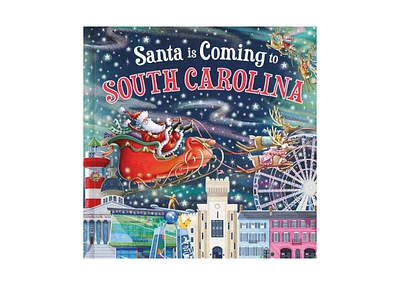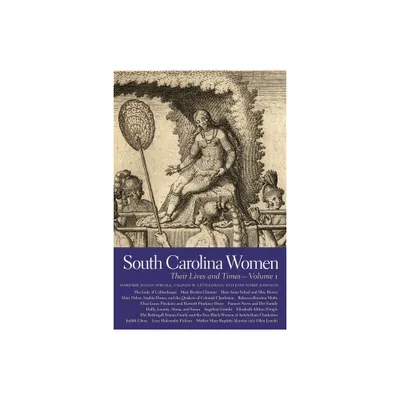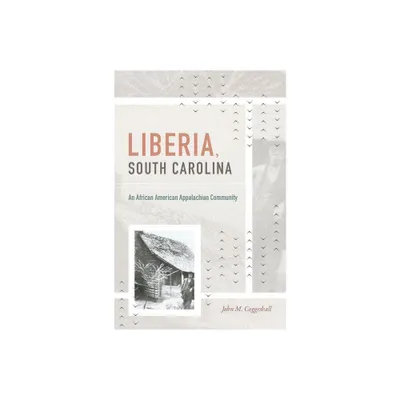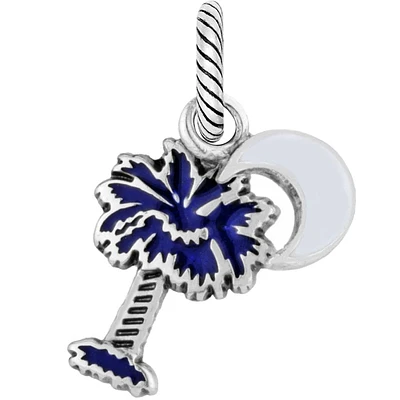Home
Crisis of Fear: Secession in South Carolina
Loading Inventory...
Barnes and Noble
Crisis of Fear: Secession in South Carolina
Current price: $23.95


Barnes and Noble
Crisis of Fear: Secession in South Carolina
Current price: $23.95
Loading Inventory...
Size: OS
*Product Information may vary - to confirm product availability, pricing, and additional information please contact Barnes and Noble
A dramatic account of the actions and attitudes behind the even that began the Civil War. Vast research in private papers, legislative records, and newspapers has produced this important new perspective on the origins of the Civil War.
Crisis of Fear
was awarded the Allan Nevins History Prize by the Society of American Historians.
In the wake of the John Brown raid on Harpers Ferry, an atmosphere of hysteria and suspicion gripped South Carolina, an atmosphere in which large-scale slave insurrections or invasions of Northern fanatics seemed imminent. Mass arrests, feverish attempts to arm for self-defense, vigilante actions and irrational accusations became the order of the day. Far more than ideological or economic motives, it was this atmosphere, Steven Channing argues, that predisposed South Carolinians toward the great defiance that would end the Union. It provided the framework in which the radical politicians, at once exploiting the fear and dominated by it, were able to outmaneuver the Unionists and bring about secession.
Crisis of Fear
was awarded the Allan Nevins History Prize by the Society of American Historians.
In the wake of the John Brown raid on Harpers Ferry, an atmosphere of hysteria and suspicion gripped South Carolina, an atmosphere in which large-scale slave insurrections or invasions of Northern fanatics seemed imminent. Mass arrests, feverish attempts to arm for self-defense, vigilante actions and irrational accusations became the order of the day. Far more than ideological or economic motives, it was this atmosphere, Steven Channing argues, that predisposed South Carolinians toward the great defiance that would end the Union. It provided the framework in which the radical politicians, at once exploiting the fear and dominated by it, were able to outmaneuver the Unionists and bring about secession.

















